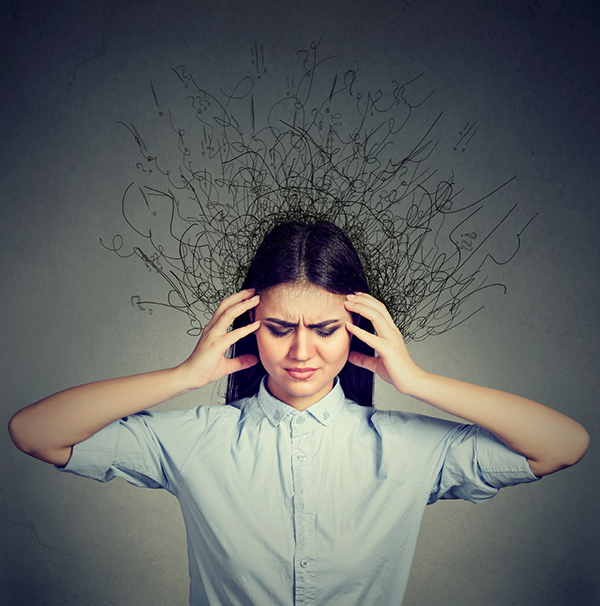About Water

Water accounts for around two thirds of our body weight, and every single cell in our body requires it to function. However, there are so many different types of water from which to select. Exactly how much do you know about the water you drink?
SINGAPORE’S TAP WATER
Thanks to quality water treatment and rigorous Environmental Public Health regulations, Singapore’s tap water is suitable for drinking without any further filtration.
Though alarmist reports have asserted claims that the presence of chlorine and fluoride in our tap water is harmful, these chemicals are deliberately added to deliver benefits to human health.
Our water supply is disinfected with chlorine to eliminate bacteria and viruses. The low chlorine levels that are present in tap water fall well within the safe range set out by World Health Organisation (WHO) guidelines.
Fluoride has also been added to our tap water since 1954, to reduce the incidence of dental decay in our population. This measure has probably contributed to our steadily declining rate of tooth decay. The DMFT index (Decayed, Missing and Filled Teeth index), for our 12-year old children, at 0.46 in 2013, is among the lowest in the world.
FILTERED WATER
As the term suggests, filtered water is essentially tap water that has been passed through a filter to remove impurities such as bacteria, heavy metals and pesticides. Many people prefer filtered water not only for the extra assurance of safety it brings, but for the taste – or rather, the absence of taste, especially the faint but sometimes perceptible taste of chlorine.
The broad category of filtered water covers a wide variety of filtration methods. For example, activated carbon filters are the most common most affordable water filters on the market. In an activated carbon filter, water runs through a filtering screen containing activated carbon, which catches and traps contaminants.
Relatively expensive reverse osmosis filters use pressure to force water through a semi-permeable membrane, removing practically all contaminants. UV filters destroy parasites, bacteria and viruses with ultraviolet light, but do not remove other contaminants like metals or chemicals.
BOTTLED WATER
Most brands of bottled water are merely filtered or purified tap water. The Agri-Food and Veterinary Authority of Singapore (AVA) classifies brands into five types – natural mineral water, packaged drinking water, mineralised drinking water, distilled water and spring water. Only natural mineral water and spring water come from natural underground sources.
Natural mineral water, mineralised drinking water and spring water contain trace amounts of minerals that may or may not be beneficial for the body. Since the mineral profiles of these waters differ, care should be taken to read the labels. Some contain high amounts of sodium, which can contribute to high blood pressure.
ALKALINE WATER
Alkaline water has a higher pH level than regular drinking water. Because of this, some advocates of alkaline water believe it can neutralise the acid in the body. Health claims range from metabolism boosting and disease prevention to slowing down the ageing process. However there is insufficient conclusive evidence to prove them. In fact, our body systems ‘know’ how to normalise or neutralise the pH in our body naturally, which means that alkaline water is actually not necessary.
SPARKLING WATER
While sparkling or carbonated water is an excellent alternative to sugary soda, tonic water contains small amounts of added sugar, and soda water contains added sodium. Care should be taken to read labels carefully, especially for those who are monitoring their blood sugar and/or blood pressure levels.
TONIC WATER
The primary benefit of drinking tonic water lies in the ingredient quinine, a bitter crystalline compound that is usually present in tonic water as a flavouring. While it is true that quinine helps to fight off malaria, modern-day tonic water contains only very diluted amounts of quinine, which means you may need to drink a few litres of tonic water to experience the anti-malarial medicinal effect.
NOW YOU’VE ABSORBED THE FACTS…
Maybe you ought to pay more attention to the water you drink and of course, always remember to stay hydrated.
This article is taken from our My Alvernia Magazine Issue #34. Click here to read the issue on our website or on Magzter.



